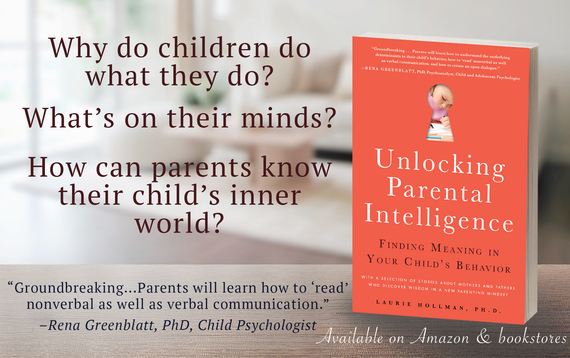
Even when you have a strong parent-teen bond, there are times it's hard to understand your teen's irritability and mood shifts. Do all teens go through these mood shifts? How do you know what's normal? Here are a few tips.
5 Reasons Teens' Moods Shift
1.Coping with multiple changes and pressures.
Teens maybe worried about starting a new school, not being able to see their usual circle of friends, struggle over wanting good grades or trying to succeed at sports and other activities.
2.Teens normally struggle with developing their own identity and self-image.
Teens want to feel accepted by others but also by themselves. They want to know that how they are just fine. Teens want to make their own decisions, but this can feel overwhelming and even lonely at times.
3.Tolerating the transition from childhood to adolescence.
Teens often wish for the "good ole days" when the pressures seemed less, the expectations were less significant, and they were used to their routines.
4.Puberty affects hormonal changes.
When puberty begins, the body produces sex hormones--estrogen and progesterone in girls and testosterone in boys causing physical changes in the body. For some teens this also causes emotional changes, those ups and downs that make one feel out of control and unstable. This can be not only disconcerting, but frightening.
5.Peer Pressure
With new schools, come new peers, some older guys and gals who teens look up to. They want to be accepted but may not be ready for the pressure to experiment with drugs and sex. Holding on to one's own values and the values of one's parents causes internal pressure that is sometimes acted out in irritability, rebellion, and sometimes, withdrawal into the privacy of one's room for hours.
How Can Parents Tell What's Normal?
Now is the time to trust your intuition and years of knowing your own specific child. If there seem to be radical changes in your child, it may be abnormal. If your child is outside the scope of their peers, it may be abnormal.
Most teens don't abuse drugs or alcohol, frequently engage in sexually risky behavior, become violent or rebel strongly against their cultural and familial norms. Those who do are not just "going through a phase." These factors may be signs of depression, anxiety and other mental illnesses.
Listen for cries for help and don't procrastinate. There is a plethora of psychotherapeutic treatments to help your youngster through difficult times and guidance for you to support them. Counseling for the teen and the parents is an ideal place to start. Struggling teens and their parents can receive effective help that should not be delayed so that difficulties don't escalate.
